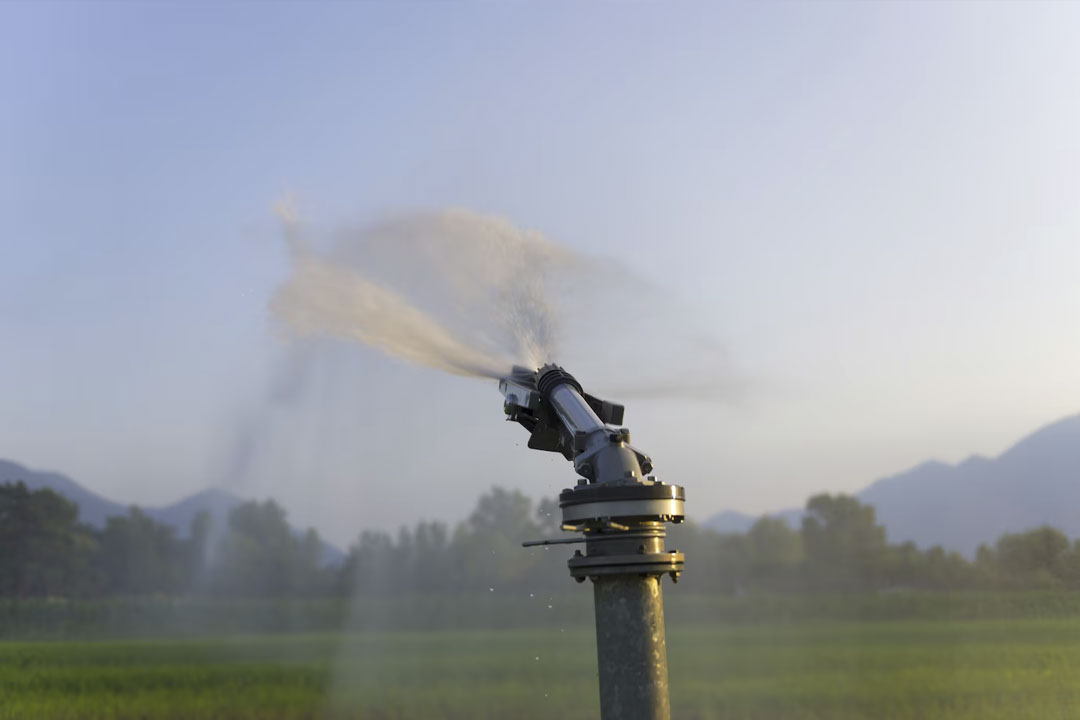
Agriculture is an essential sector in Africa, providing food, employment, and income for millions of people. However, the sector is facing numerous challenges, including limited access to water, unreliable rainfall patterns, and climate change, among others. Irrigation systems play a critical role in addressing these challenges and improving agricultural productivity and food security. In this article, we discuss the importance of irrigation systems in African agriculture using examples.
- Reliable and consistent water supply
One of the most significant advantages of irrigation systems in African agriculture is their ability to provide a reliable and consistent water supply. In many African countries, rainfall patterns are erratic and unpredictable, making rain-fed agriculture unreliable. Irrigation systems can help farmers overcome this challenge by providing a consistent supply of water for their crops. This can help farmers produce crops throughout the year, regardless of the rainfall patterns.
For example, the Green Belt Initiative in Kenya has led to the development of irrigation systems that have transformed arid and semi-arid areas into productive agricultural zones. The initiative has seen the construction of large dams and reservoirs that provide a reliable water supply for irrigation, enabling farmers to grow crops throughout the year.
- Increased crop yields and productivity
Irrigation systems also play a crucial role in increasing crop yields and productivity in African agriculture. With a consistent and reliable water supply, farmers can cultivate crops that require more water and grow them to maturity. This can lead to higher crop yields and improved productivity.
For instance, in Ethiopia, the Tigray region has adopted a community-based irrigation system that has led to a significant increase in crop yields. Farmers in the region have been able to cultivate high-value crops such as vegetables and fruits, which were previously impossible due to unreliable rainfall.
- Diversification of crops and income
Irrigation systems also enable farmers to diversify their crops and income. With a consistent water supply, farmers can grow crops that require more water and are more profitable, such as fruits and vegetables. This can help farmers increase their income and improve their livelihoods.
For example, in Rwanda, the government has invested in irrigation systems in the Eastern Province. Farmers in the region have been able to grow crops such as potatoes, beans, maize, and vegetables, which have led to increased income and improved food security.
- Climate change adaptation
Climate change is a significant challenge facing African agriculture, with changing rainfall patterns and increasing temperatures affecting crop production. Irrigation systems can help farmers adapt to climate change by providing a reliable and consistent water supply that is not dependent on rainfall.
For instance, in Zimbabwe, the government has invested in smallholder irrigation systems that enable farmers to grow crops throughout the year, regardless of rainfall patterns. These systems have helped farmers adapt to climate change and improve their resilience to climate-related shocks.
- Conservation of water resources
Finally, irrigation systems also play a critical role in conserving water resources in African agriculture. With increasing water scarcity in many parts of Africa, it is essential to use water efficiently and avoid wastage. Irrigation systems can help farmers use water more efficiently by reducing water loss due to evaporation and runoff.
For example, in Egypt, the government has invested in modern irrigation systems that use drip irrigation and sprinklers, which are more efficient than traditional flood irrigation methods. These systems have led to significant water savings and improved agricultural productivity.
In conclusion, irrigation systems play a critical role in African agriculture by providing a reliable and consistent water supply, increasing crop yields and productivity, diversifying crops and income, adapting to climate change, and conserving water resources. Governments and development partners should invest in irrigation systems to support smallholder farmers and improve agricultural productivity and food security in Africa.


















